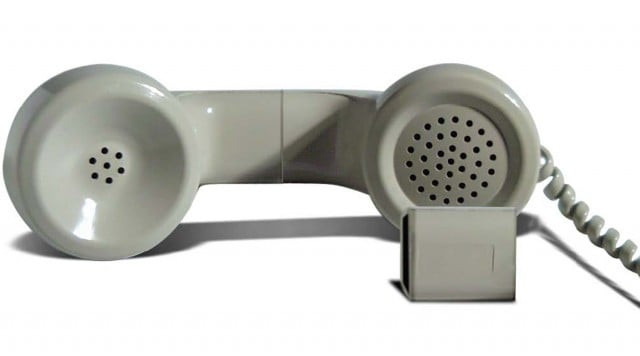Hanging on the telephone

However, it is Nawaz’s easygoing demeanour that sets him apart from the competition. “Customers always come back to a friendly shopkeeper,” he says. Nawaz thinks a PCO business alone is unlikely to be profitable, especially in the big cities. He says,“There are days when I have zero customers and there are days when I have 15, but that is true for lots of businesses.” Diversification, he believes, is the key. A smart businessman knows he cannot count on just one product or service indefinitely. Nawaz’s optimism, though, is not backed up by the numbers.
With 95 million phones and a population of approximately 169 million, Pakistan’s teledensity — the number of telephones per 100 people in a region — stands at 62 per cent. Most third-world countries have a teledensity of less than 10 per cent. Pakistan’s figures also show a steadily declining teledensity for fixed line and card pay phones (CPP), reflecting the consumer preference for wireless and cellular technologies. These figures reflect the uncertain future of PCOs in Pakistan.
Last year was the first time the number of PCOs in the country decreased — from 449,121 to 405,359. This 9.7 per cent decline, the biggest ever in the history of CPP, can be explained by the easy availability, low coverage and density of mobile phones and cellular coverage. But PCOs still have a significant share of the market and are ideal for providing coverage in rural areas due to low deployment and maintenance costs. A PCO, apart from being the cheapest and easiest way to run a business, requiring only a wireless or cellular phone, also has the distinction of not having to register itself with government agencies or regulatory bodies.
A cursory survey of PCOs in one’s own locality will show that a PCO is generally a side business with the shop offering various other services like easyload, prepaid cards, stationery, photocopying and scanning. PCOs, although available in all four provinces, are concentrated in the Punjab (53 per cent share) and Sindh (33 per cent share), which are lucrative markets owing to their large populations. But the profitability of running a PCO in an urban area, where mobile teledensity is much higher, is questionable. Why would anyone need to use a pay phone when almost all strata of our society are inundated with mobile phones?
When this question was posed to a number of PCOs in one of Karachi’s busiest commercial markets, the answer was almost unanimous. PCOs, in Karachi at least, are generally used by customers who, despite owning cell phones, would rather use a pay phone to make a local landline call, which is a cheaper option. The majority of these customers are middle-class males. These owners admit that business is not what it used to be but they doubt PCOs will become completely obsolete any time soon. When asked about the average number of customers the PCOs received in a day, the answers varied from zero to 15.
These offices, almost always located in open areas and more often than not comprising glass kiosks, offer no privacy for personal calls. Apart from the ubiquitous, shop owner/manager, others are constantly hovering in the vicinity. If the caller happens to be a woman, some onlookers might even move closer to eavesdrop. In face of such conditions, it seems surprising that some people use PCOs for anti-social activities such as crank calls, obscene messages and hoax bomb threats.
But that is indeed the case. All PCO operators, however, adamantly denied the charge that they hand out cell numbers of women to their customers. Nawaz admits that he has occasionally come across clients whom he felt were harassing other people. He claims that he has no qualms in ending such calls and asking the customer to find another PCO.
The advantage of using PCOs for making such calls is obvious. In the absence of any regulatory body, tracing these calls and taking steps to curb and prevent these practices is next to impossible. The PCO manager’s vigilance and morals are the only obstacles a hostile caller will face. And how moral a business owner can be in face of dwindling profits is another unanswerable, and disquieting, question.
At a time when human interconnectivity has been the impetus behind the phenomenal changes in the telecom industry, the only salvation for Nawaz, and thousands of other PCO owners, it would seem, lies in expanding to the distant rural areas which, even now, need the services PCOs provide



















COMMENTS
Comments are moderated and generally will be posted if they are on-topic and not abusive.
For more information, please see our Comments FAQ